On the afternoon of October 30, the National Assembly continued to discuss the three national target programs. Minister of Culture, Sports and Tourism Nguyen Van Hung emphasized that through the three national target programs, the gap between urban and rural areas will be shortened, and harmonious development will occur, and people will enjoy the regime's superior policies.
The Minister said that not only Vietnam but other countries also have similar programs called "happiness programs".
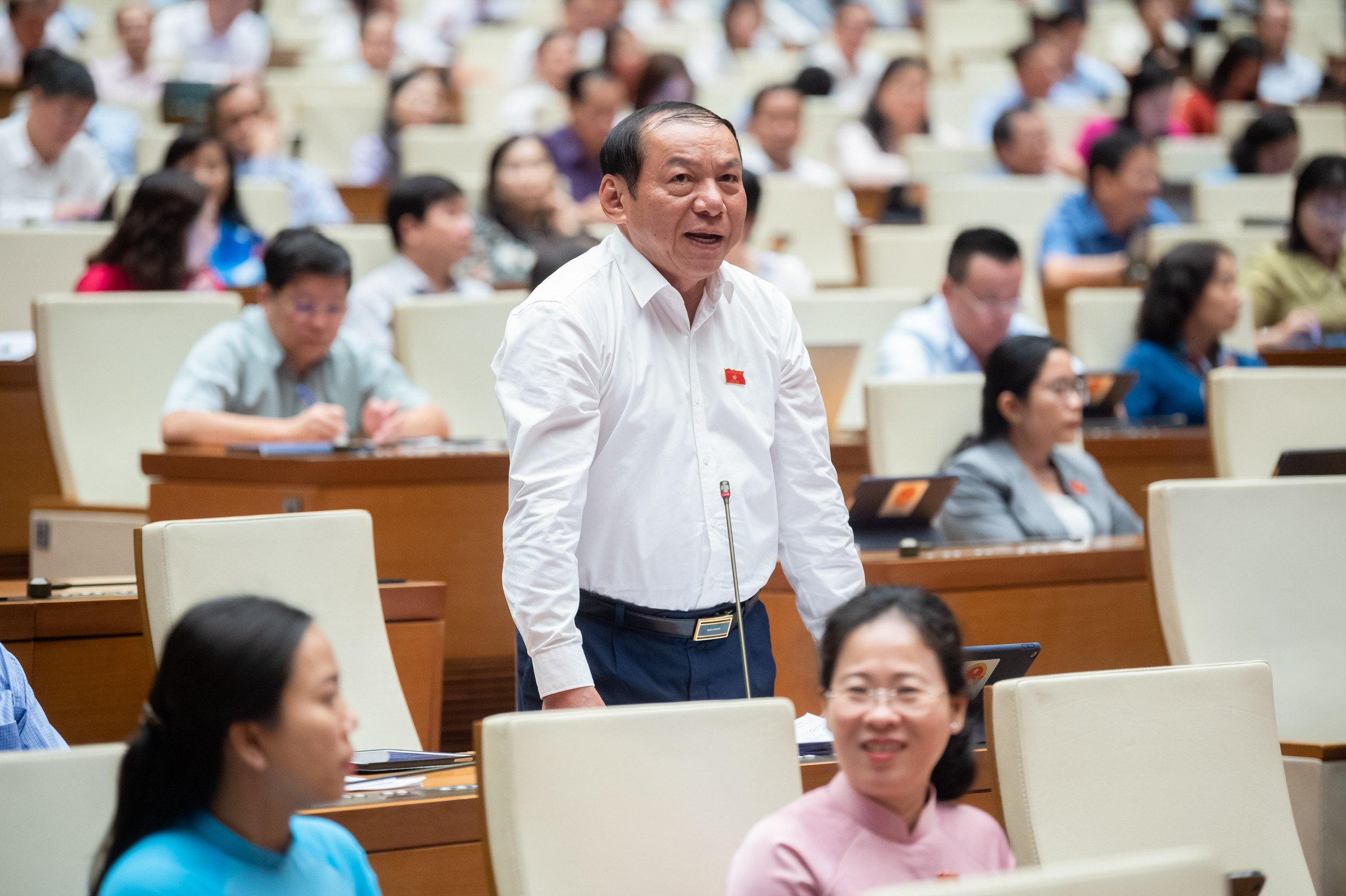
The program of building new rural areas and sustainable poverty reduction helps Vietnam approach and complete the millennium targets as committed to the United Nations, creating livable countrysides, so that all people who live far away want to return.
However, the Minister acknowledged that there are still many difficulties. From a cultural perspective, the rapid urbanization in rural areas has caused the "soul of the countryside" of Vietnam to begin to be lost, with banyan trees, ferry docks, communal houses, and green bamboo hedges no longer existing and being replaced by concrete.
He also said that localities have promptly realized that and adjusted, so now there are flower paths appearing next to concrete roads, no longer bamboo hedges but with rows of fresh bamboo and areca trees, gradually the "countryside spirit" is returning.

The Minister also raised concerns of some National Assembly deputies when they said "why is it necessary to build cultural institutions?" According to regulations, institutions must be ensured at the provincial, district, commune and village levels. At the provincial level, there must be art centers, museums and sports, but according to reports, only 80% of provinces have these basic institutions. At the district level, only 70%, at the commune level only 60-70%, and at the village level only 30-40% meet the standards.
Minister Hung raised the question, "If there are no institutions, how can there be a place to form, nurture, and create cultural activities?" In addition, this is also a place for meetings and political activities. He cited the example of Yen Bai - a locality with many ethnic minorities living, where these centers are also used to organize weddings in a civilized way of life.
From here, he suggested continuing to invest well in these institutions. The Ministry has provided guidance on the operations, but the locality and unit are responsible for how they operate and manage.
He continued to give the example of Quang Ninh Museum - a museum that attracts a lot of tourists. When people come to Quang Ninh, they think of this museum, "museums elsewhere cannot do that," he said.
"Is it the choice of location, approach and exhibition space and who is to blame now? I think that when blaming others, we must blame ourselves," the Minister expressed.
Regarding social ethics, many National Assembly delegates raised the question "Is social ethics deteriorating?" The Minister of Culture, Sports and Tourism said that a form of social consciousness is a set of rules that help people move towards the best values, which are: honesty, compassion, fairness and mutual respect. Things that go against this point of view are anti-cultural.
The Party, Government and National Assembly have issued many policies and laws, including those on cultural development. The Minister stated that in order to promote them well, the key issue is awareness in implementation.
"Spread a message of living and working according to the Constitution and the law. Resolutely handle violations of the law and further promote propaganda and education, creating cohesion between family, school and society," the Minister said.
He emphasized that a cultural foundation formed voluntarily in the community and especially at each level and each sector will certainly overcome the situation of social moral degradation.
Heartbreaking when the commune meets the standards, but students drop out of school
As the agency in charge of the new rural development target program 2021-2025, facing some limitations, Minister of Agriculture and Rural Development Le Minh Hoan shared about the cumbersome system of guiding documents due to the multi-objective approach. Along with that, the coordination between the top and bottom, horizontally and vertically is not tight, when designing a complex program but with limited resources.
Therefore, Minister Le Minh Hoan expressed that there is still much work to do to propose to the Central Steering Committee to resolve the issue.
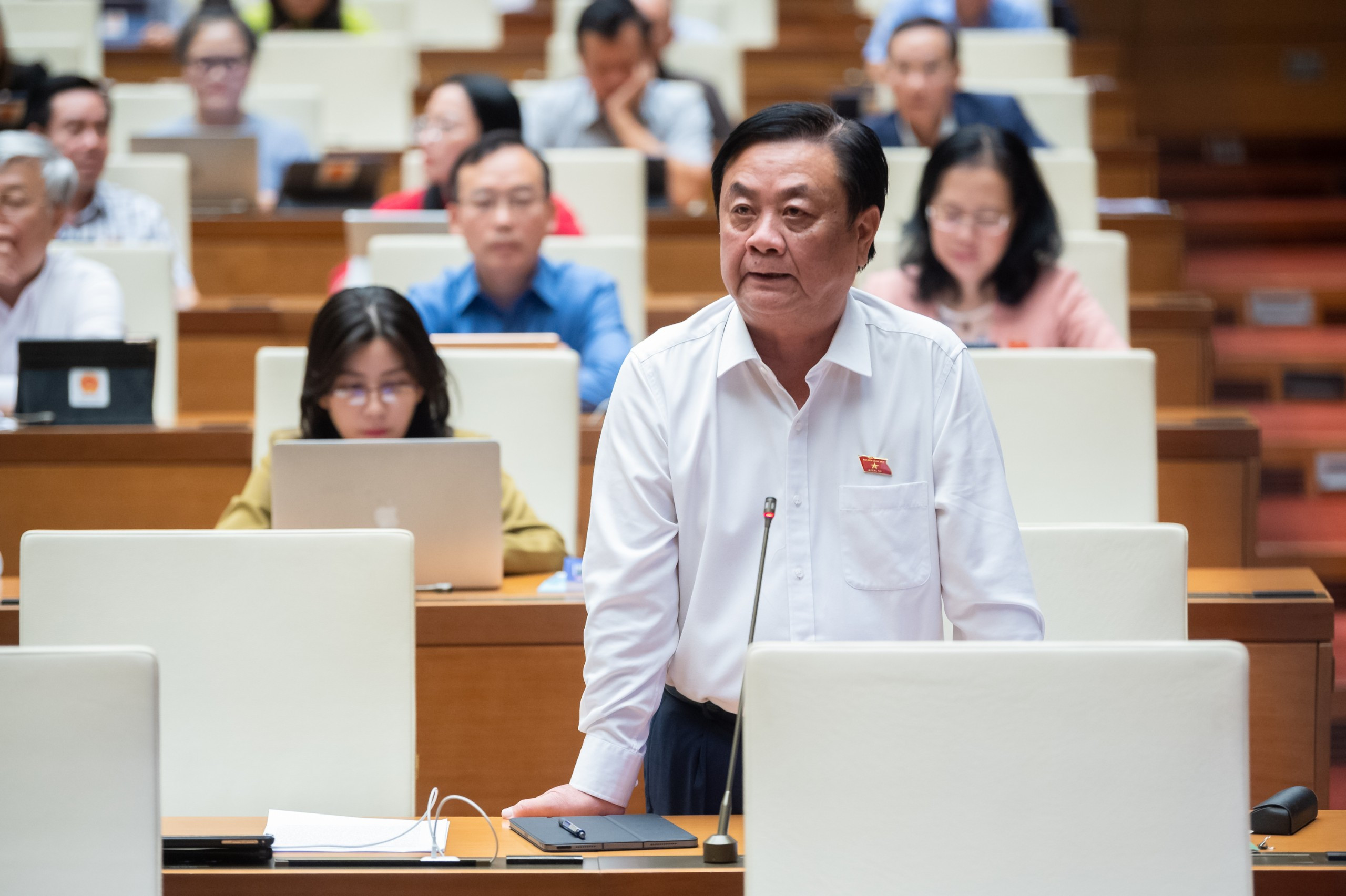
The Minister said that the results achieved may be slow and have not yet reached the target, but it is also a great effort by the localities when the central support resources have been reduced by nearly half. Although the localities have made great efforts, at present, they have begun to "fail".
The Minister shared the story: "A week ago, my colleagues sent me a clip about Huy Giap commune, Bao Lac district, Cao Bang province.... My colleagues were very hesitant and heartbroken when sending it to me. After a commune had completed the new rural criteria, all the resources were gone." When moving to the new rural area, students are no longer exempted or reduced from tuition fees, supported with study costs, or lunch money.
From here, the Minister said the reason is that the structure of the national target program is still loose, the implementation is under double pressure. On one side, the government wants all communes to become new rural areas to complete the targets of the local congress, but on the other side, many communes do not want to meet the new rural standards because they will be limited in resources and support.
"It's like the idea of being torn between poverty and poverty, which means the policy design seems to be unstable. We take our part in designing this policy," the Minister said, adding that there must be support policies to create specific capacity for localities, so that localities can fully develop the capacity of the community.
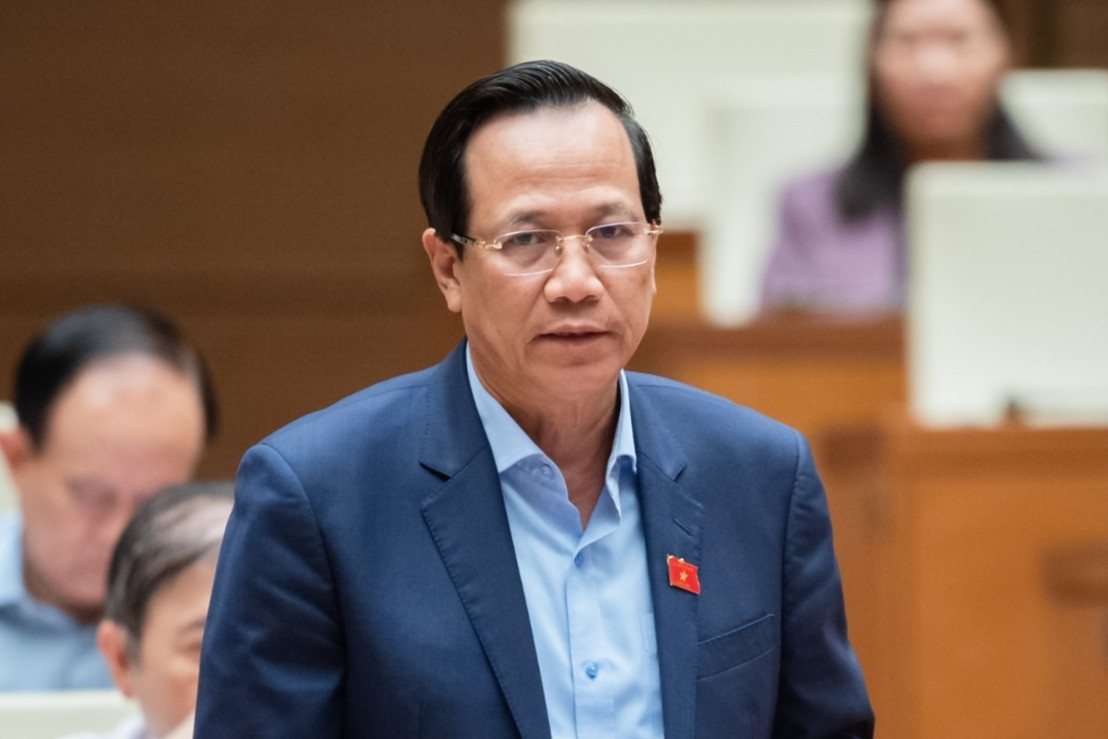
Minister Dao Ngoc Dung: Poverty reduction 'no longer has a free policy'
Minister of Labor, Invalids and Social Affairs Dao Ngoc Dung stated that support for poor households is now "no longer a policy of giving away" but has shifted to conditional support for production, housing, livelihoods, vocational training, and job creation.
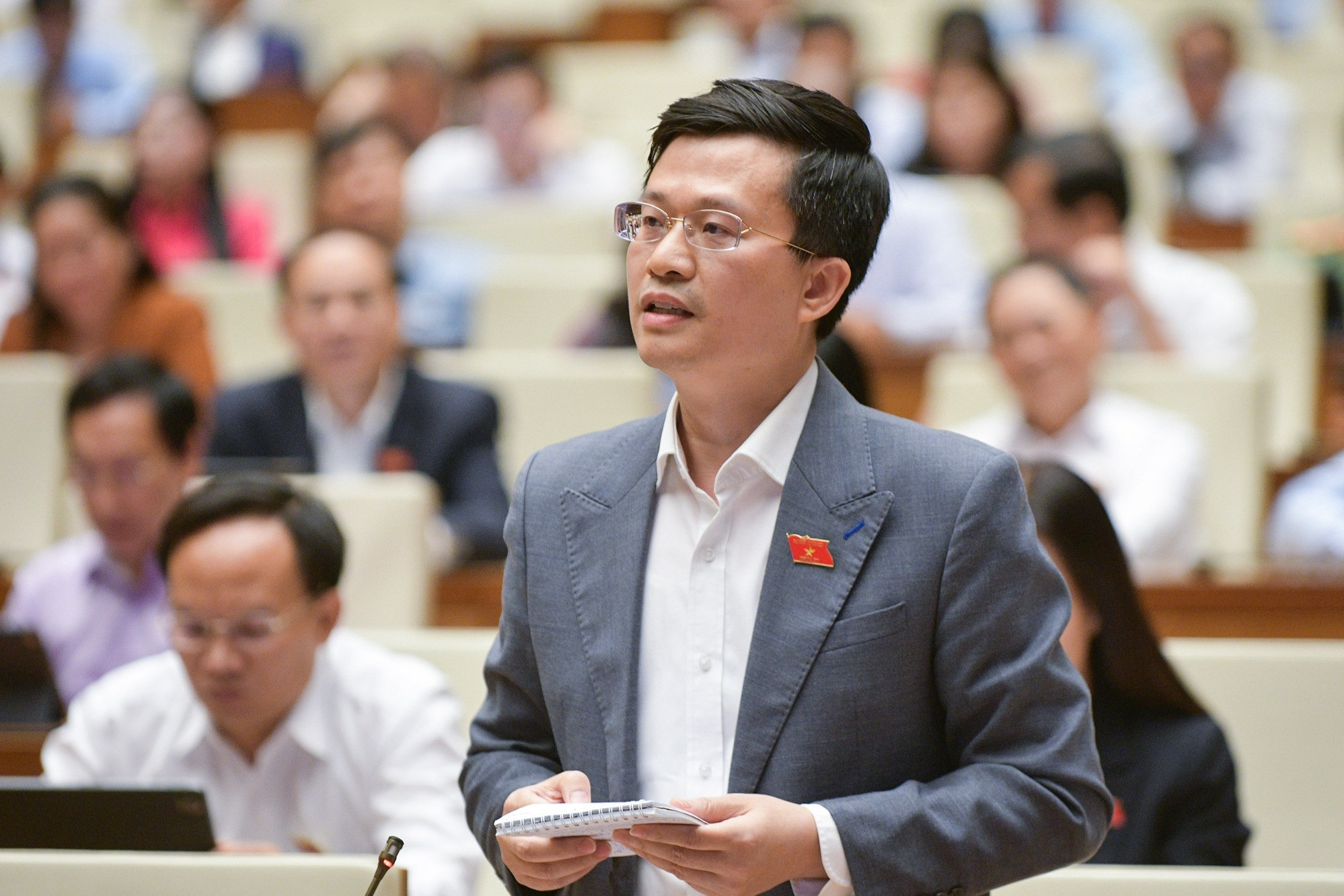
'Some people who escape poverty are sad but return to poverty are happy'
Concerned about the national target program on poverty reduction, the National Assembly delegate said that there are people who have escaped poverty, but there are people who continue to face difficulties and only wish to be poor. There are people who escape poverty and are sad, but are happy to return to poverty.

How to bring rural people's income closer to urban areas?
National Assembly delegates emphasized the viewpoint that new rural construction must be substantial, linked to employment and income improvement for people, gradually approaching urban areas.
Source


![[Photo] Vietnam and Sri Lanka sign cooperation agreements in many important fields](https://vphoto.vietnam.vn/thumb/1200x675/vietnam/resource/IMAGE/2025/5/5/9d5c9d2cb45e413c91a4b4067947b8c8)









































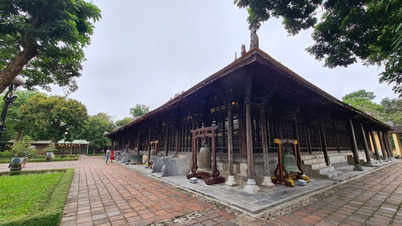





















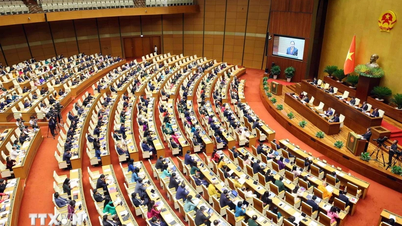












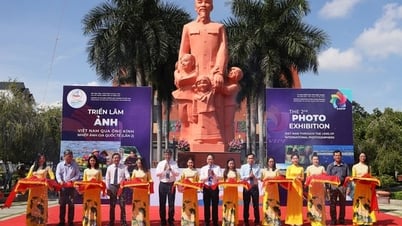




















Comment (0)